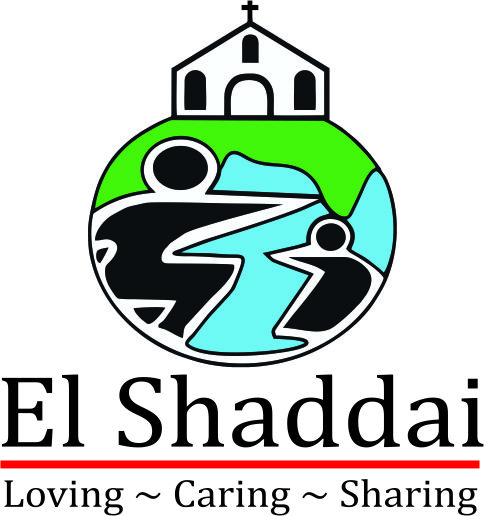OUR STORY

EVERY CHILD HAS THE DIVINE RIGHT TO ENJOY A CHILDHOOD FREE OF ADULT WORRIES. A CHILD MUST THINK OF THE NEXT GAME AND NOT THE SOURCE OF HER NEXT MEAL.
Anita Edgar was on holiday in Goa in 1997. Like any tourist, she was looking for some rest and relaxation on the beaches, with her daughter.
Matthew Kurian was ministering to his congregation in a slum in north Goa and worked with drug and alcohol addicts. His vision was to open homes for the children he saw on the streets to keep them away from potential abuse and to give them a chance at life.
During her stay in a beach hotel in Goa, Anita was moved by the plight of children rummaging for food in garbage heaps behind her hotel. The sight disturbed her, giving rise to visions of homes to shelter these children. Providentially, their paths crossed one Sunday morning when Anita met Matthew in his church. The seeds of El Shaddai were sown in 1996. The next year, the Trust was registered, and the story of El Shaddai began.
Their paths crossed one Sunday morning when Anita met Matthew in his church and the seeds of El Shaddai were sown in 1996.
The India Context
To understand what El Shaddai stands for, we first need to understand the context of a developing nation. India is a country of diversity. Not just in culture, language and its people, the diversity extends to the economic front as well.
In the 1990s, the Indian economy exploded following measures to open the economy to market forces, from a closed, socialistic model. Since then, India has produced some of the wealthiest people on earth. And yet, large swaths of the country have little to no development. That is the dichotomy. Left to fend for themselves, the people from these villages migrate to the cities. With no education and skills other than farming, they end up living in slums in the cities and working as menial labourers on daily wages.
Children are left to their own defences and roam the streets scrounging for food, begging at traffic signals and tourist hubs and working for unscrupulous business owners. Here, they are at immediate risk of abuse. Many of these children are exposed to drugs, becoming targets for peddlers and often end up as addicts. Girls are potential targets for pimps and lured or forced into prostitution.
India has produced some of the wealthiest people on earth. And yet, large swaths of the country have little to no development. That is the dichotomy.
El Shaddai began work in 1997 to give childhood back to the children on the streets and living in slums. Our first home, Victory House in Chapora, Goa started with six children. The numbers slowly grew with the magnitude of the problem.
We opened four homes in Goa between 1997 and 2002. But there’s only so many children we could reach with our homes. There were many more still in the streets, especially in the cities. So, in 2003 we opened our first Shelter in the capital city of Panjim. Since then, we have opened shelters in the commercial capital of Margao and the port town of Vasco. These shelters provide direct support to children at particular risk in these cities.
Through our shelters, we could provide children on the street a safe place to rest, have a shower and a hot meal. Our intention, through the shelters is to first tackle the basics but to gradually get the children to take up education by enrolling them in government schools in the locality. Skills training is also provided to the children to develop skills that could provide them with profitable business or employment opportunities.
WE DEVELOPED MODELS OF GRASSROOTS CHANGE BASED ON OUR EXPERIENCE WORKING WITH STREET CHILDREN AND ADDRESSED HIGHER LEVELS OF INTERVENTION FROM EDUCATION TO OUTREACH AND ADVOCACY.
As the years rolled by, and our direct experience with the children in the streets and slums increased, we developed models of grassroots change. In 2008 we opened our first Community Centre and began to work with communities more holistically. To bring lasting change, we worked with whole families and communities and not just the children. By counselling parents on the importance of education and impressing on the communities the need for maintaining hygiene and preventing disease, the legal implications of child labour and the importance of family planning we worked to change the situation of the families.
We work closely with women in these communities to empower them financially by building skills to set up their own enterprises.
Since then we’ve also opened community centres in villages in the neighbouring states. One of them is in the village of Adrahali – the village from where our first children came from. Through these projects, we aim to help the village communities develop their own villages and improve their living conditions.
OVER 20 YEARS AFTER ANITA MET MATTHEW AND STARTED THE CHARITY EL SHADDAI WITH VICTORY HOUSE, THOSE FIRST CHILDREN ARE TODAY OUR AMBASSADORS. LEADING SUCCESSFUL LIVES AND CONTRIBUTING TO SOCIETY, THEY GIVE US RENEWED DESIRE TO CONTINUE OUR WORK WITH CHILDREN FROM UNDERPRIVILEGED COMMUNITIES.
Drive Change!
Invest in Lives
As a ChangeMaker, your monthly donation helps change the lives of children in our programmes.
Yes! I would like to be a ChangeMaker for Children
Current urgent needs in our homes and projects
PROUDLY SUPPORTED BY
AN NGO YOU CAN TRUST
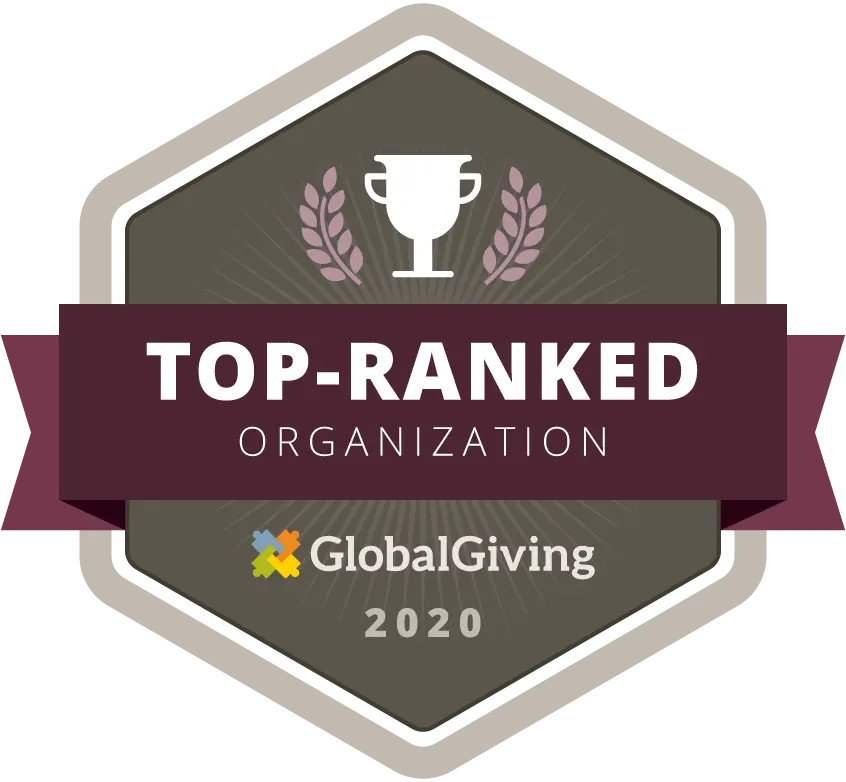
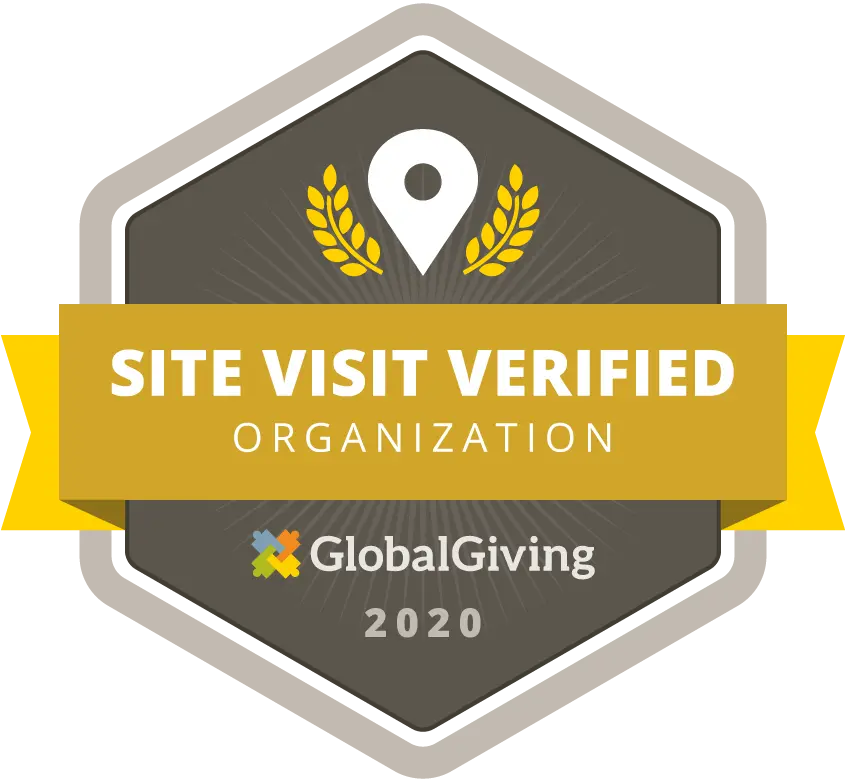
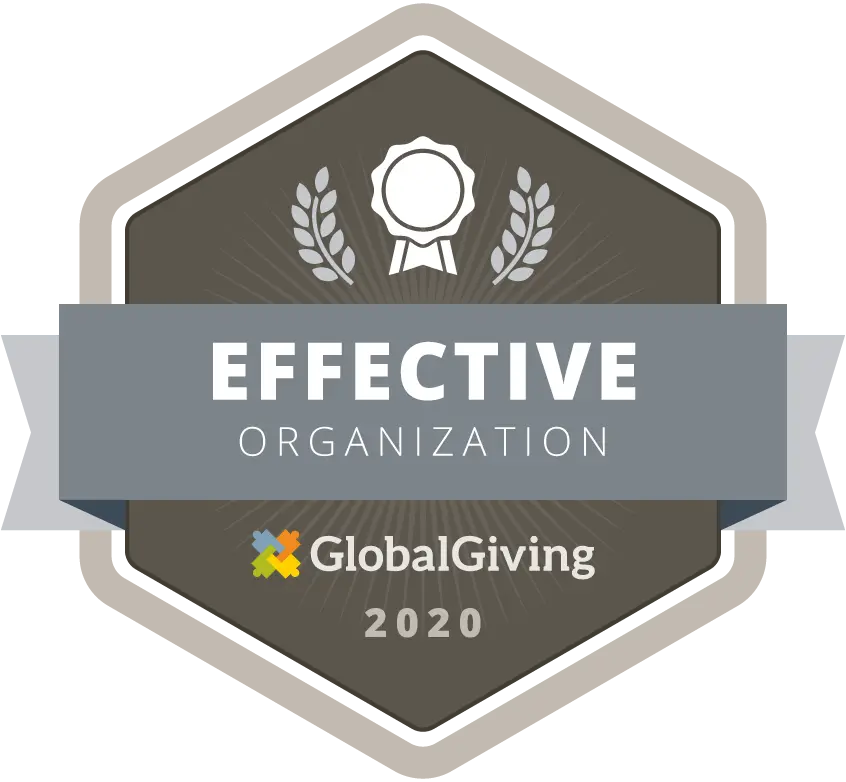
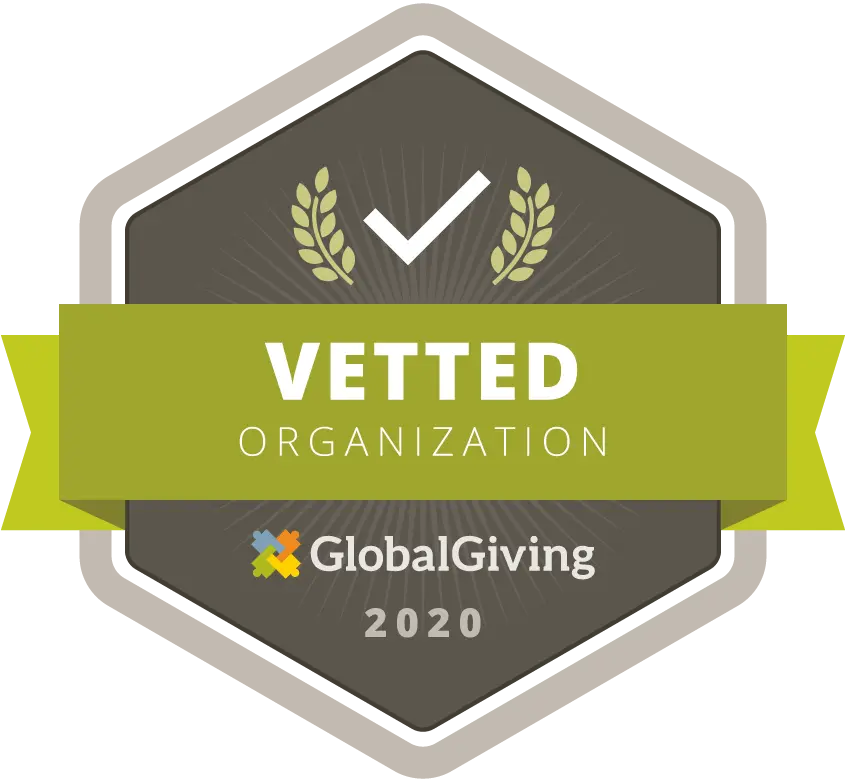
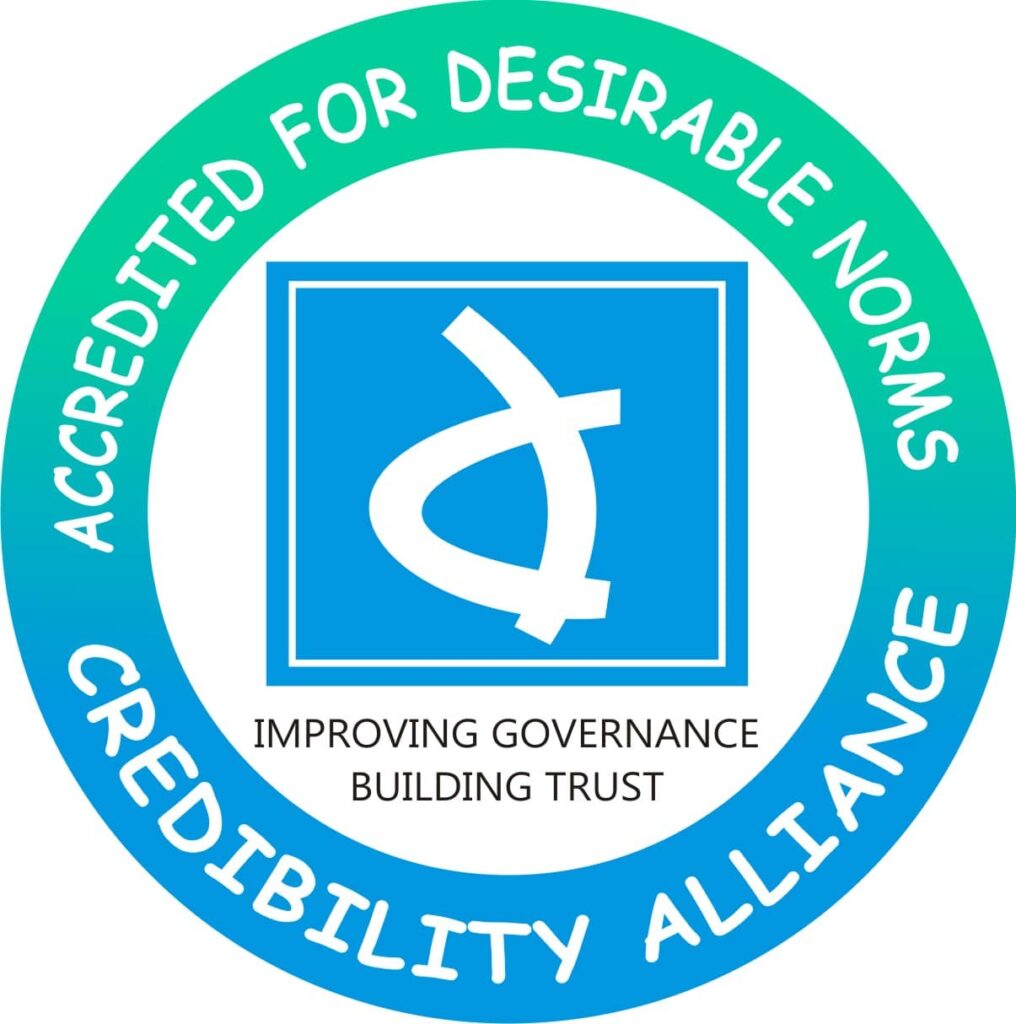
Address: El Shaddai Office, The Ark, Community Centre, near Kidzee school, Feira-Alto, Mapusa, Goa 403507
Phone: +91 7796082607
UK Address: 1st Floor, The Pavilion, 56 Rosslyn Crescent HARROW, Middlesex, HA12SZ
Phone: 075388 97011 | Email: [email protected]
Reg. Charity No.1076768
We'd love to hear from you
Have a comment or query? Use the WhatsApp Chat link at the bottom right or drop us a message using the form below:
Charity Reg. No: 009/IV/Vol.1 80G Tax Exemption No.: CIT/PNJ/E-1/142/80G/2009-10/944
FCRA Reg. No: 271830134, 12A Reg. No.: 718/E-2/12A/CIT/PNJ/1999-2000
Note: Donations to El Shaddai Charitable Trust is eligible for 50% Tax Exemption under 80G (Indian nationals only)
